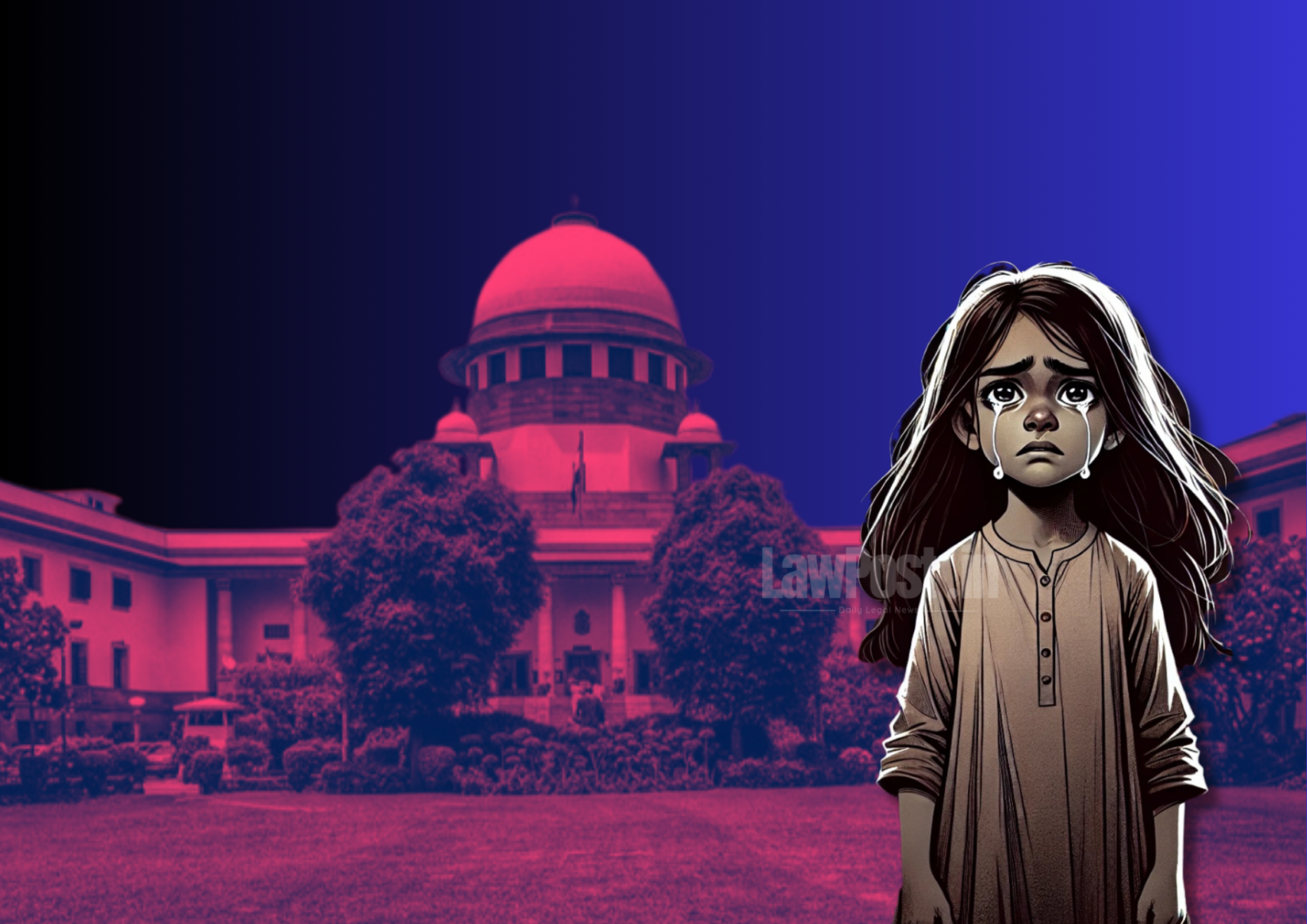The Supreme Court of India has initiated a suo motu case to examine the controversial ruling of the Allahabad High Court, which held that the act of grabbing a minor’s breasts, breaking the string of her pyjama, and attempting to drag her beneath a culvert did not constitute an attempt to rape.
The case, titled “In Re: Order dated 17.03.2025 passed by the High Court of Judicature at Allahabad in Criminal Revision No. 1449/2024 and Ancillary Issues,” will be heard by a Bench of Justices BR Gavai and Augustine George Masih.
Background of the Case
The Allahabad High Court, in an order dated March 17, 2025, modified a lower court’s decision that had summoned the accused under Section 376 of the Indian Penal Code (IPC) (Rape) and Section 18 of the Protection of Children from Sexual Offences (POCSO) Act (Punishment for attempt to commit an offence).
Instead, the High Court ruled that the accused should face charges under the lesser Section 354-B IPC (assault or use of criminal force with intent to disrobe) and Sections 9/10 of the POCSO Act (aggravated sexual assault).
While passing the order, Justice Ram Manohar Narayan Mishra observed:
“The allegation against accused Pawan and Akash is that they grabbed the breasts of the victim and Akash tried to bring down the lower garment of the victim. They broke the string of her lower garments and tried to drag her beneath the culvert, but due to intervention of witnesses, they left the victim and fled away from the place of incident. This fact is not sufficient to draw an inference that the accused persons had determined to commit rape on the victim.”
Supreme Court’s Move
Interestingly, a Bench of Justices Bela Trivedi and Prasanna B Varale had earlier, on March 24, declined to entertain a Public Interest Litigation (PIL) challenging the Allahabad High Court’s decision. However, the Supreme Court has now taken up the matter on its own motion.
The High Court had reasoned that for an attempt to rape charge to be made out, the prosecution must show that the accused had gone beyond the stage of preparation. It noted:
“In order to bring out a charge of attempt to rape, the prosecution must establish that it had gone beyond the stage of preparation. The difference between preparation and actual attempt to commit an offence consists chiefly in the greater degree of determination.”
The trial court had initially found that the accused’s actions constituted attempted rape and had issued a summoning order under relevant provisions. However, the accused challenged this order before the High Court, arguing that their actions did not meet the legal threshold for an attempt to rape. The High Court sided with them, stating:
“There is no allegation that accused tried to commit penetrative sexual assault against the victim. The allegations hardly constitute an offence of attempt to rape in the case.”
With the Supreme Court now stepping in to examine the issue, legal experts and child rights activists are closely watching the case, which could have significant implications on how courts interpret the threshold for attempt to rape, particularly in cases involving minors.
Case: Akash & 2 Ors vs State & 2 Ors – Available on LAWFYI.IO








